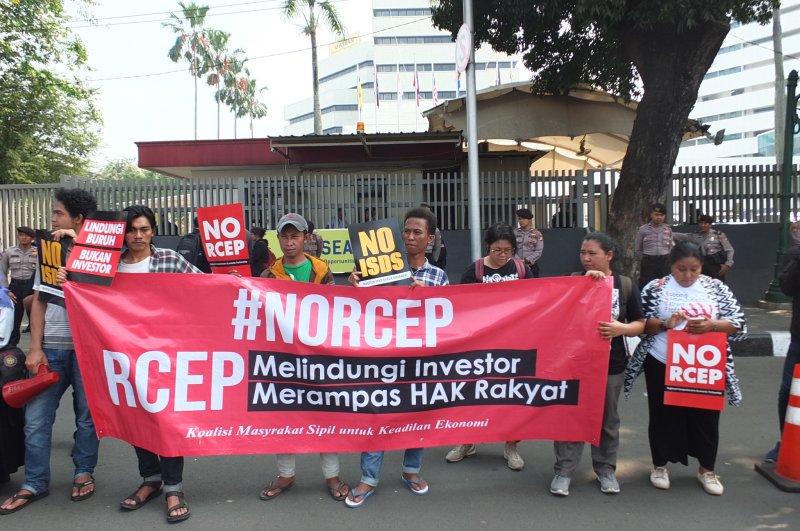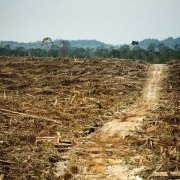
Indonesia signed a major comprehensive FTA with Japan in 2007. In February 2012, it signed a preferential trade agreement with Pakistan which the two governments intend to turn into an FTA. But the Pakistan government has reportedly refused to start new negotiations until its concerns on the existing agreement are addressed.
Right now, Indonesia is negotiating trade deals with Australia, Chile, EFTA (European Free Trade Area), the European Union, Korea, India and Ukraine. It has also expressed an interest to join the Transpacific Partnership (TPP) and to establish a free trade zone with the Eurasian Economic Union. Since 2012, Jakarta is part of the controversial Regional Comprehensive Economic Partnership (RCEP) talks with the nine other ASEAN (Association of South-East Asian Nations) governments and their six FTA partners: Australia, China, India, Japan, New Zealand and South Korea.
As member of ASEAN, Indonesia is also party to the group’s FTAs with Australia and New Zealand, China, India, Japan and Korea, as well as the ASEAN Economic Community.
Following a growing discontent against the investor-state dispute settlement (ISDS) mechanism, whereby foreign investors can seek compensation in an arbitration tribunal if new laws or regulations negatively affect their investment potential, Indonesia decided in 2014 to phase out 67 of its bilateral investment treaties. The government has terminated 20 treaties so far and has been developing a new model BIT that would supposedly reflect a more balanced approach between the country’s right to regulate and foreign investor protection.
last update: October 2016
Photo: IGJ






